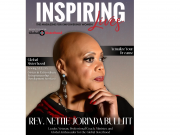In the opening chapter of my novel Sideline Confidential, the protagonist Blake sits in her boss’s office on her first day of work nervously sweating through her silk shirt. New job jitters. Most of us have been there. Blake is especially excited because thinks she’s landed her dream job with her hometown pro football team, but she quickly learns that her boss, a veteran front office executive, has enacted his own set of rules for her. Rules to “protect” the players and coaches from working closely with a woman.
Unfortunately, many women have been here when working in 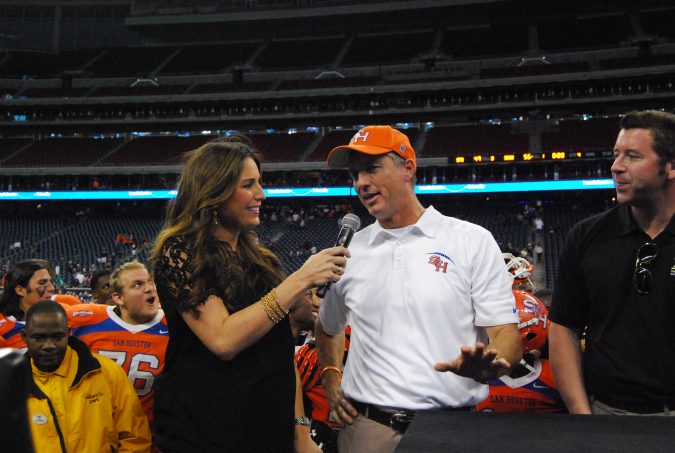 male-dominated industries. Separate rules or procedures. Double standards. Commentary on one’s appearance. The list goes on.
male-dominated industries. Separate rules or procedures. Double standards. Commentary on one’s appearance. The list goes on.
While Sideline Confidential is a work of fiction, I drew from my personal experiences when writing this scene. I was a few months out of journalism school when I accepted a media job with an NFL team. My boss immediately sat me down, told me that I was the first woman to travel with the team, and he had to ensure that I wasn’t a distraction to the players and coaches. I would need to ride in my own bus to games, and I wouldn’t be allowed in the locker room to interview the players. I remember staring in disbelief, thinking how could I 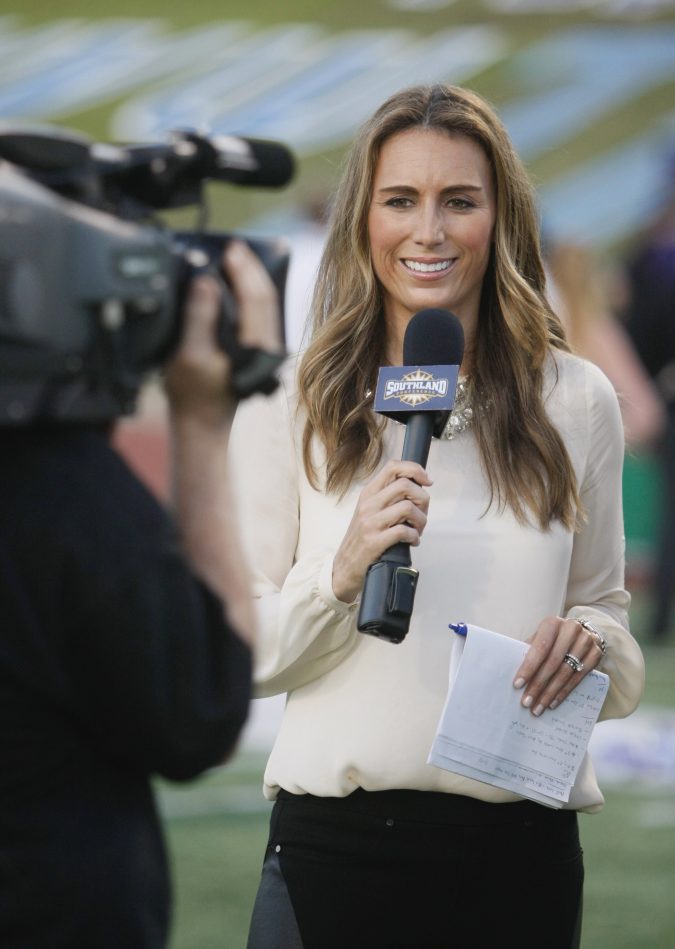 be a distraction to men who played in front of 70,000 fans and aside Jennifer Lopez-look-alike cheerleaders. But those were the rules of engagement, and I felt immeasurably lucky to be working for the most powerful sports league in the world – I wasn’t going to challenge the top brass and jeopardize losing this coveted position.
be a distraction to men who played in front of 70,000 fans and aside Jennifer Lopez-look-alike cheerleaders. But those were the rules of engagement, and I felt immeasurably lucky to be working for the most powerful sports league in the world – I wasn’t going to challenge the top brass and jeopardize losing this coveted position.
This was more than fifteen years ago. The opportunities for women in professional sports have expanded exponentially since then. This season, there were 223 women working in full-time coaching and football operations positions with NFL teams. That represents an increase of 141% since 2020, according to NFL figures published in USA Today. Still, allegations of prejudice and toxic workplace conditions have ignited controversy and investigations in recent years. There remains work to be done in an industry that is steeped in gender bias.
On a personal level, my own “welcome to the NFL” moment stayed with me, a blow to the gut that had never fully healed. As I went on to navigate a career in sports media, I learned that 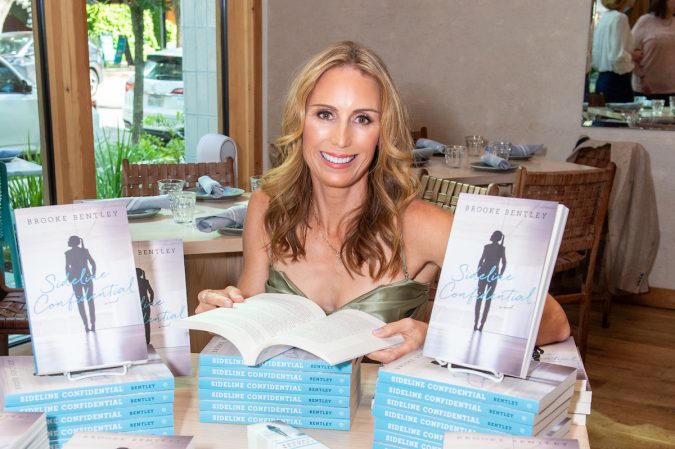 many women had also experienced discrimination or even downright harassment. A colleague told me about a basketball executive insisting she meet him at a strip club for an off-the-record interview. Another said a station manager chided her for not losing her baby weight fast enough.
many women had also experienced discrimination or even downright harassment. A colleague told me about a basketball executive insisting she meet him at a strip club for an off-the-record interview. Another said a station manager chided her for not losing her baby weight fast enough.
I filed away their accounts just like I did with my own. It wasn’t until after the birth of my first child that I felt the urge to dig into those mental files. The time away during my maternity leave had given me the space from sports media I needed to reflect on my experiences. I also had a new perspective on the challenges women face in the industry as I struggled with being a new mom juggling a hectic work schedule. And the disturbing harassment allegations out of Washington’s NFL team made the novel feel more urgent and expanded my “why” factor.
Through a young woman’s journey into the world of pro football, I 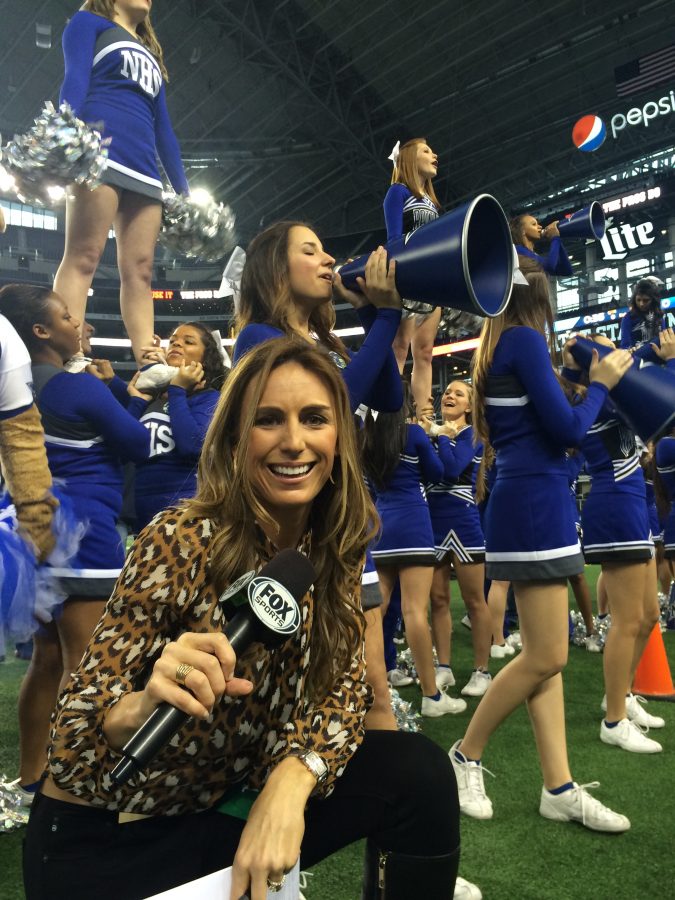 wanted to capture the sexual politics women face in sports journalism. Be pretty but not sexy. Know your sport but don’t outsmart the men. Be a great mother but don’t take off time from work. It can feel like an impossible tightrope.
wanted to capture the sexual politics women face in sports journalism. Be pretty but not sexy. Know your sport but don’t outsmart the men. Be a great mother but don’t take off time from work. It can feel like an impossible tightrope.
Yes, the novel is inspired by some of my experiences, but it truly is the story of so many women working in male-dominated industries. It can be hard and scary for young women in entry positions to find their voice and stand up for themselves. I want this book to tell them that they aren’t alone. Many of us have been there and we can support each other by listening, speaking up, telling our stories, and giving each other a voice.











